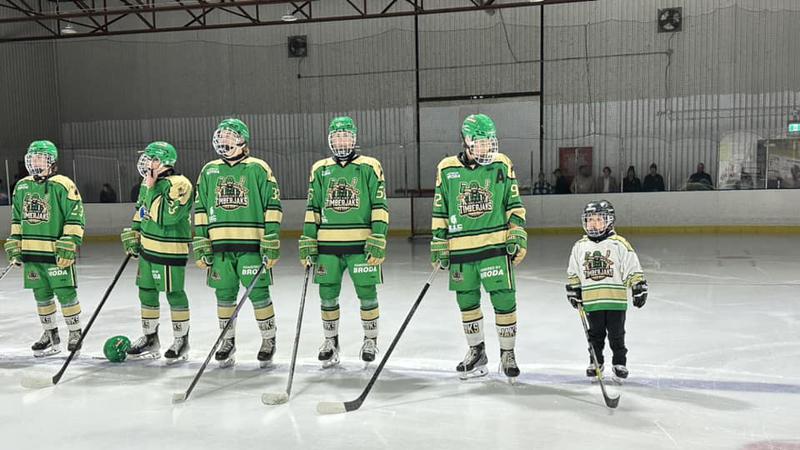
‘My family still lives with those impacts’: Voices being heard on National Day for Truth and Reconciliation
The National Day for Truth and Reconciliation is a day for listening and learning.
The federal statutory holiday was created in response to one of the Truth and Reconciliation Commission’s Calls to Action, “to honour survivors, their families, and communities, and ensure that public commemoration of the history and legacy of residential schools remains a vital component of the reconciliation process.”
 (THE CANADIAN PRESS/Adrian Wyld)
(THE CANADIAN PRESS/Adrian Wyld)Rallies have been held from coast to coast across Canada, and members of the Indigenous community in Saskatchewan have been sharing their thoughts on the day.


